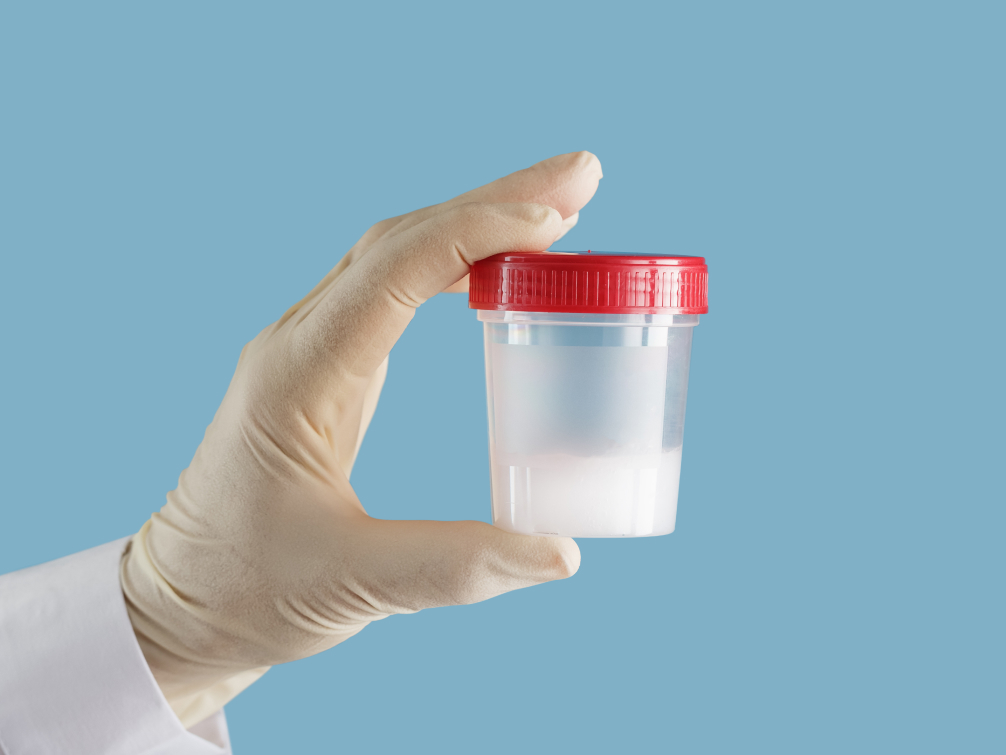How Old Do You Have to Be to Donate Sperm? A Comprehensive Guide
Sperm donation is an essential aspect of assisted reproductive technology, allowing individuals and couples to conceive when natural conception is not possible. Understanding the age requirements for sperm donation is crucial for potential donors and recipients alike. This article will explore the age criteria for sperm donation, the process involved, and the implications of being a sperm donor. Additionally, we will include a detailed FAQ section and a table summarizing key points.
Understanding Sperm Donation
Definition of Sperm Donation
Sperm donation is the process by which a man provides his sperm to be used in assisted reproductive procedures, such as artificial insemination or in vitro fertilization (IVF). Donated sperm can help individuals or couples who face infertility challenges, including single women, same-sex couples, and heterosexual couples with male infertility issues.
Importance of Sperm Donation
Sperm donation is vital for many reasons:
- Infertility Solutions: It provides a solution for couples struggling with male infertility or other reproductive issues.
- Family Planning: It enables single women and same-sex couples to start families.
- Genetic Diversity: Sperm banks often seek donors from diverse backgrounds to provide a range of genetic options for recipients.
Age Requirements for Sperm Donation
General Age Guidelines
The age requirements for sperm donation vary by country and sperm bank, but there are some general guidelines that are commonly followed:
- Minimum Age: Most sperm banks require donors to be at least 18 years old. This age is considered the legal age for consent in many jurisdictions, allowing individuals to make informed decisions regarding their participation in sperm donation.
- Maximum Age: The upper age limit for sperm donors typically ranges from 35 to 45 years, depending on the sperm bank’s policies. Many sperm banks prefer donors between the ages of 18 and 39, as sperm quality can decline with age.
Specific Age Requirements by Region
| Region/Country | Minimum Age | Maximum Age | Notes |
|---|---|---|---|
| United States | 18 | 39 | Many sperm banks prefer donors under 35. |
| United Kingdom | 18 | 41 | Age limits may vary by clinic. |
| Canada | 18 | 40 | Sperm quality considerations apply. |
| Australia | 18 | 45 | Varies by clinic; health screening is required. |
| India | 21 | 55 | As per the ART Bill, 2021. |
Why Age Matters
The age of a sperm donor is significant for several reasons:
- Sperm Quality: Research indicates that sperm quality, including motility and morphology, tends to decline with age. Younger donors generally produce healthier sperm, which increases the chances of successful conception.
- Health Considerations: Younger donors are less likely to have age-related health issues that could affect sperm quality or genetic health. Sperm banks often conduct thorough health screenings to ensure the donor’s overall well-being.
- Recipient Preferences: Many recipients prefer younger donors for the potential health benefits associated with younger sperm, including a lower risk of genetic abnormalities.
The Sperm Donation Process
Initial Screening
Before becoming a sperm donor, individuals must undergo a rigorous screening process, which typically includes:
- Application: Prospective donors fill out an application that includes personal information, medical history, and family health history.
- Health Screening: A comprehensive health screening is conducted, including physical examinations, blood tests, and genetic testing. Tests often screen for sexually transmitted infections (STIs), genetic disorders, and overall reproductive health.
- Semen Analysis: Donors provide a semen sample for analysis to assess sperm count, motility, and morphology. This analysis helps determine the quality of the sperm.
Legal and Ethical Considerations
- Informed Consent: Donors must provide informed consent, understanding the implications of their donation, including anonymity and potential future contact from offspring.
- Limitations on Donations: Many sperm banks impose limits on the number of families that can use a single donor’s sperm to prevent accidental consanguinity among donor offspring.
Donation Frequency
Once accepted as a donor, individuals are typically required to donate regularly, often once a week. The sperm is collected in a sterile environment and processed for freezing and storage.
The Role of Sperm Banks
Sperm Bank Regulations
Sperm banks are regulated by various laws and guidelines that govern sperm donation practices. These regulations vary by country but generally include:
- Health Standards: Sperm banks must adhere to strict health standards to ensure the safety and quality of donated sperm.
- Record Keeping: Sperm banks maintain detailed records of donors, including health information and donation history, to ensure compliance with regulations.
- Anonymity and Privacy: Many sperm banks offer anonymity to donors, although some jurisdictions require that donor information be made available to offspring once they reach a certain age.
Choosing a Sperm Bank
When selecting a sperm bank, potential donors and recipients should consider:
- Reputation: Look for sperm banks with a good reputation for quality and ethical practices.
- Screening Procedures: Inquire about the screening process for donors and the health checks performed on sperm.
- Diversity of Donors: Consider sperm banks that offer a diverse range of donors to meet specific preferences.
Conclusion
Understanding the age requirements for sperm donation is essential for potential donors and recipients. While the minimum age is typically 18, the maximum age varies, with many sperm banks preferring donors under 40. The sperm donation process involves thorough screening and legal considerations to ensure the health and safety of all parties involved.Sperm donation plays a crucial role in helping individuals and couples achieve their dreams of parenthood, and understanding the requirements and implications can help facilitate this process.
FAQ Section
Q1: What is the minimum age to donate sperm?
A1: The minimum age to donate sperm is typically 18 years old.
Q2: What is the maximum age to donate sperm?
A2: The maximum age to donate sperm generally ranges from 35 to 45 years, depending on the sperm bank’s policies.
Q3: Why does age matter for sperm donation?
A3: Age matters because sperm quality tends to decline with age, and younger donors are less likely to have age-related health issues.
Q4: What is the sperm donation process?
A4: The sperm donation process includes an application, health screening, semen analysis, and regular donations.
Q5: Are there limits on how many families can use a donor’s sperm?
A5: Yes, many sperm banks impose limits on the number of families that can use a single donor’s sperm to prevent accidental consanguinity.
| Aspect | Details |
|---|---|
| Minimum Age | 18 years |
| Maximum Age | Typically 35-45 years, depending on the sperm bank |
| Screening Process | Includes health screening, semen analysis, and genetic testing |
| Donation Frequency | Regular donations, often once a week |
| Legal Considerations | Informed consent, anonymity, limitations on the number of families using donor sperm |
| Sperm Bank Regulations | Health standards, record-keeping, and privacy considerations |
For more information on sperm donation and related regulations, you can refer to the Wikipedia page on Sperm Donation Laws by Country.This comprehensive overview of sperm donation, including age requirements and the donation process, aims to provide valuable insights for potential donors and recipients alike. Understanding these aspects can help facilitate informed decisions regarding sperm donation and assisted reproductive technologies.



